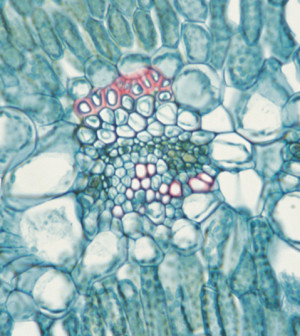- 7 Best Breads for Maintaining Stable Blood Sugar
- Gelatin vs. Collagen: Which is Best for Skin, Nails, and Joints?
- The Long-Term Effects of Daily Turmeric Supplements on Liver Health
- Could Your Grocery Store Meat Be Causing Recurring UTIs?
- Are You Making This Expensive Thermostat Error This Winter?
- Recognizing the Signs of Hypothyroidism
- 10 Strategies to Overcome Insomnia
- Could Artificial Sweeteners Be Aging the Brain Faster?
- Techniques for Soothing Your Nervous System
- Does the Water in Your House Smell Funny? Here’s Why
Giving Birth, Breast-feeding May Help Women’s Long-Term Health

Having babies and breast-feeding may extend a woman’s life, new research suggests.
Other beneficial factors appear to include starting menstruation at a later age and using birth control pills.
Researchers analyzed data from nearly 323,000 women in 10 European countries who were followed for an average of about 13 years. During that time, more than 14,300 of the women died. Nearly 6,000 died of cancer and more than 2,400 from circulatory system diseases.
The study found fewer deaths among women who gave birth between the ages of 26 and 30 than among those who were older or who gave birth at age 20 or younger. Women who breast-fed also lived longer than those who did not.
The risk of cancer death was lower in women who had given birth than among those who had not, and was lower among those who gave birth to two or three children than among those with one child. Among women who never smoked or were former smokers, those who used birth control pills were less likely to die of cancer than those who did not.
The study also found that women who had given birth, breast-fed and started menstruating when they were 15 or older had a lower risk of death from circulatory diseases, and those who had given birth and breast-fed had a reduced risk of death from heart disease.
While the study found an association between childbirth, breast-feeding and life span, it did not prove a cause-and-effect relationship.
The study was published Oct. 29 in the journal BMC Medicine.
Changes in hormone levels may explain the reduced risk of death among women who had children, breast-fed or used birth control pills, according to Melissa Merritt, a research fellow in the School of Public Health at Imperial College London in England, and colleagues.
However, more research is needed to determine how the reproductive factors identified in this study may extend life. That knowledge could lead to new ways to improve women’s long-term health, the investigators said.
More information
The U.S. National Library of Medicine has more about women’s health.
Source: HealthDay
Copyright © 2026 HealthDay. All rights reserved.










